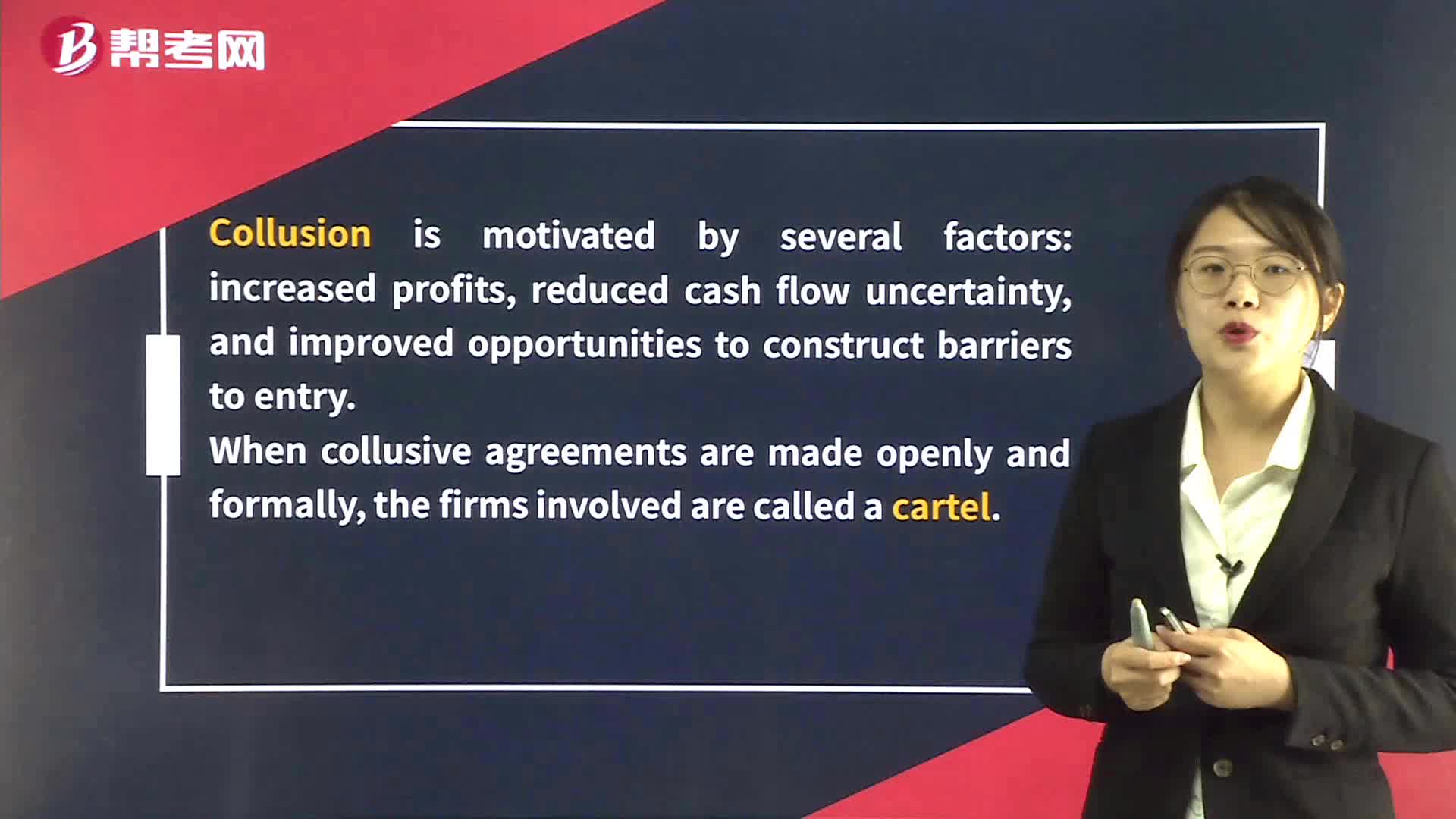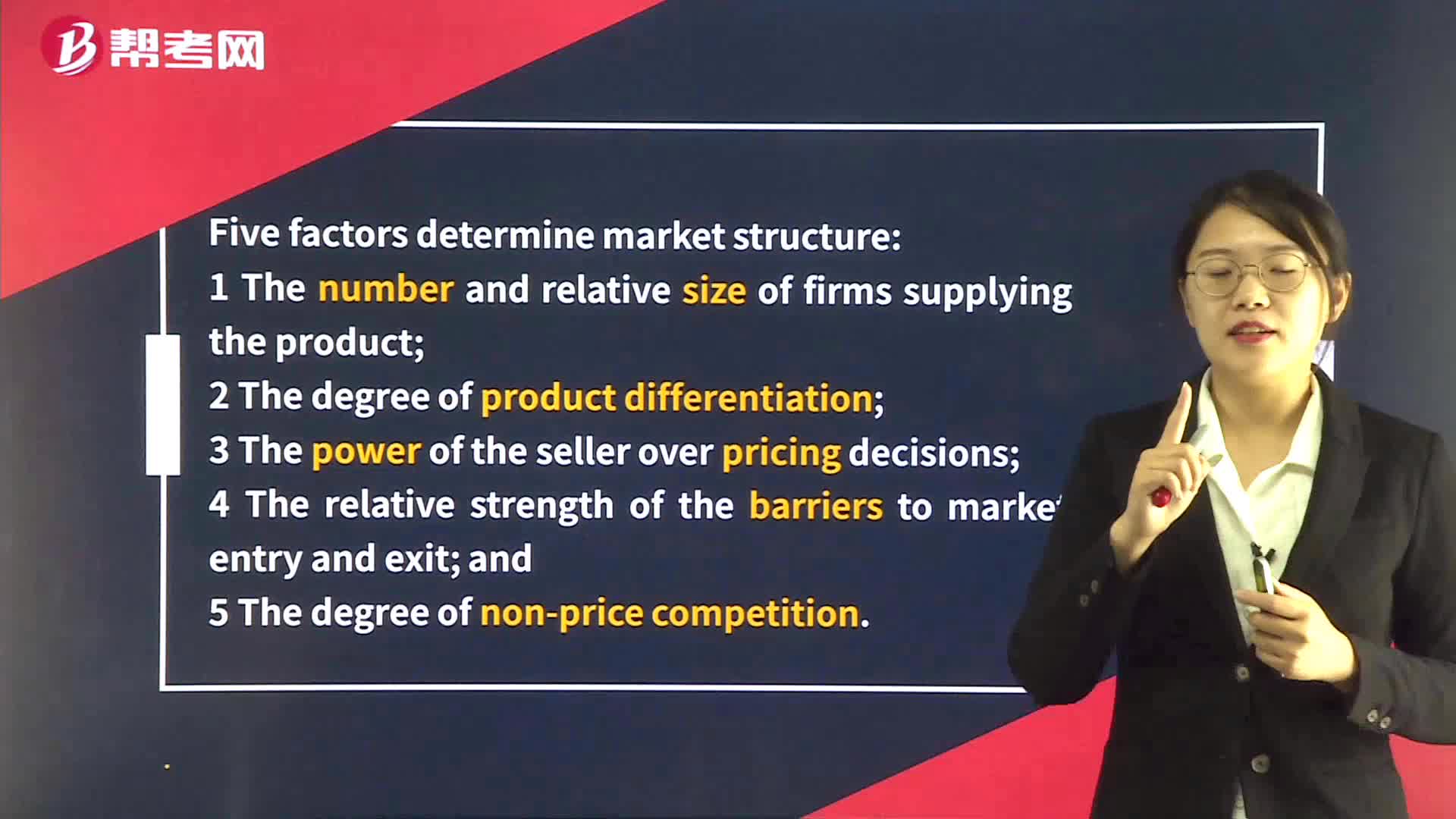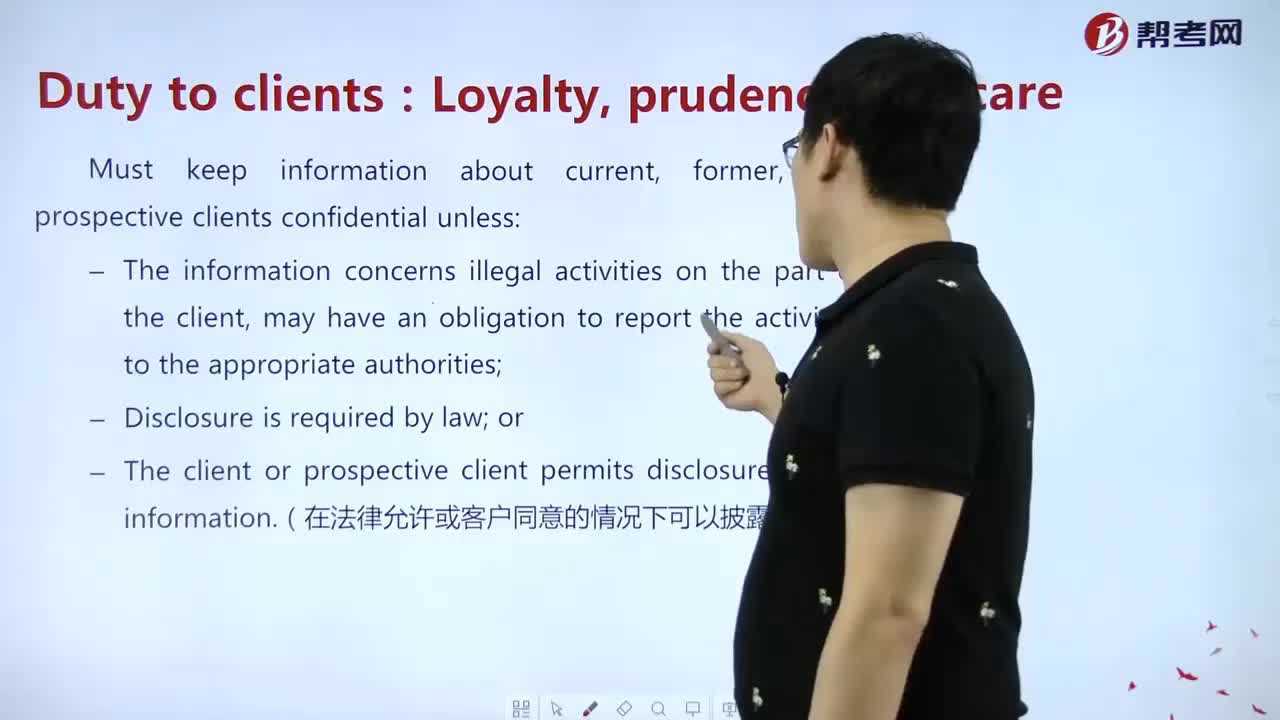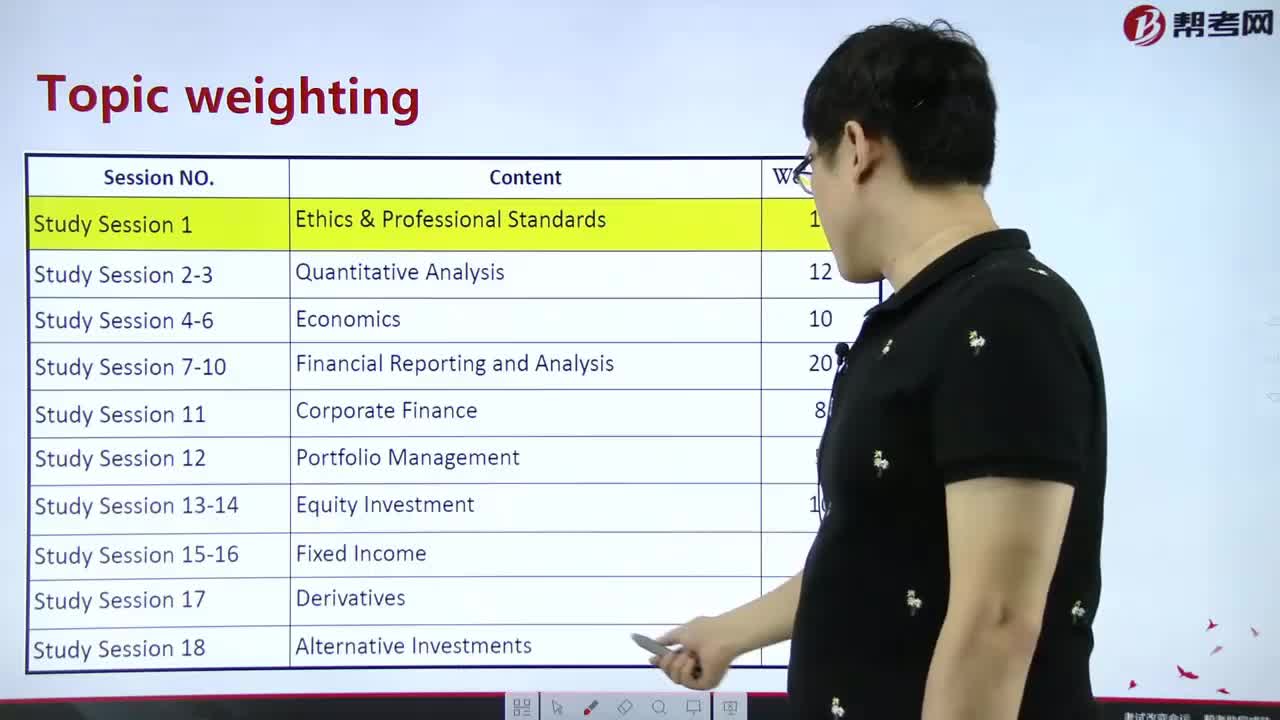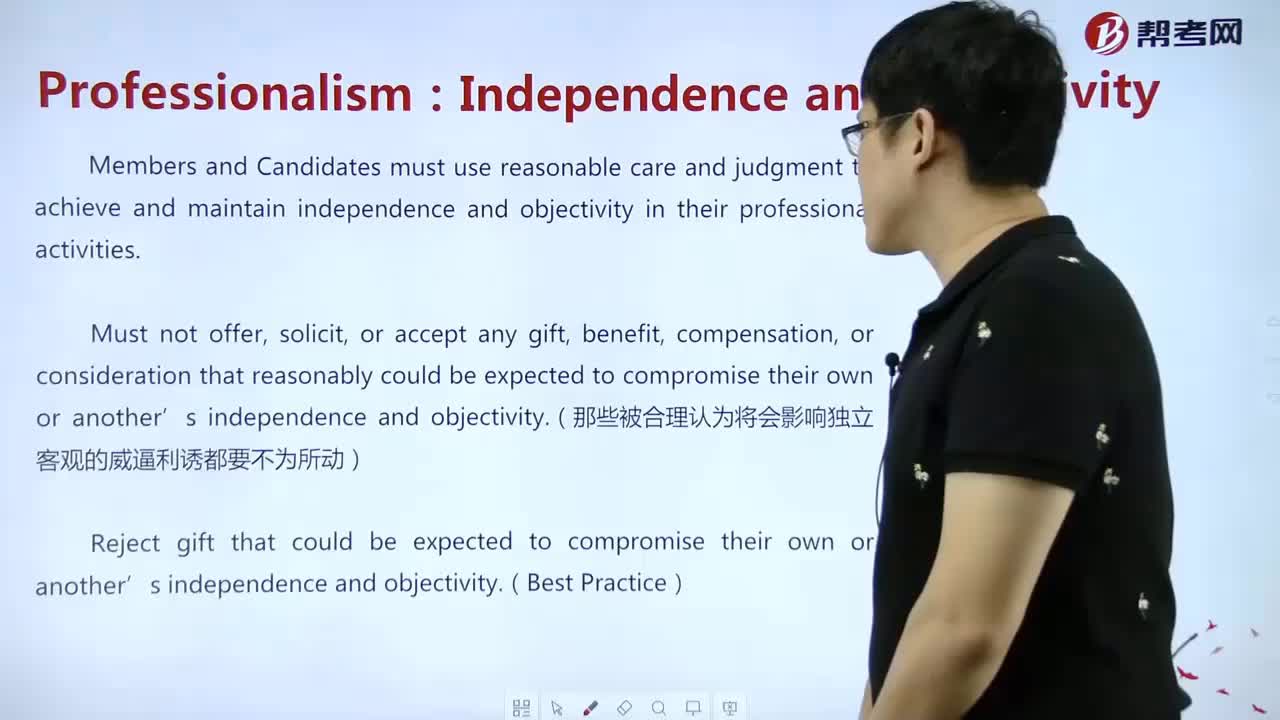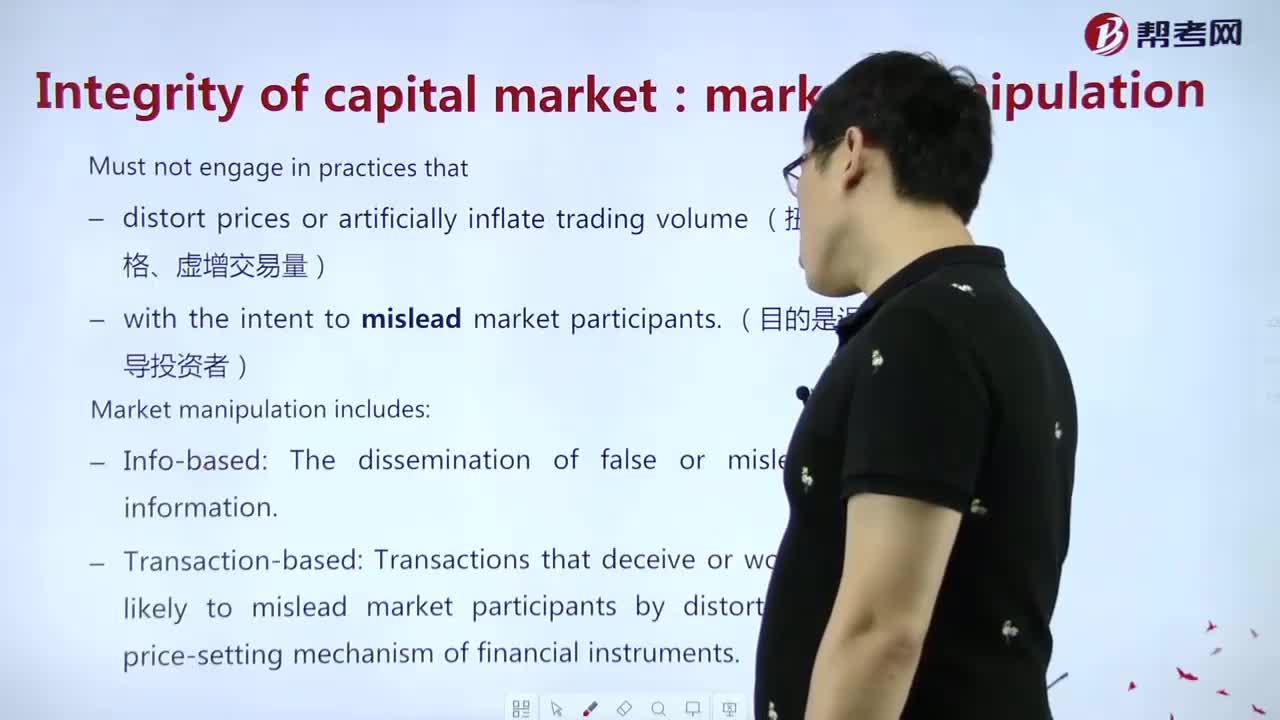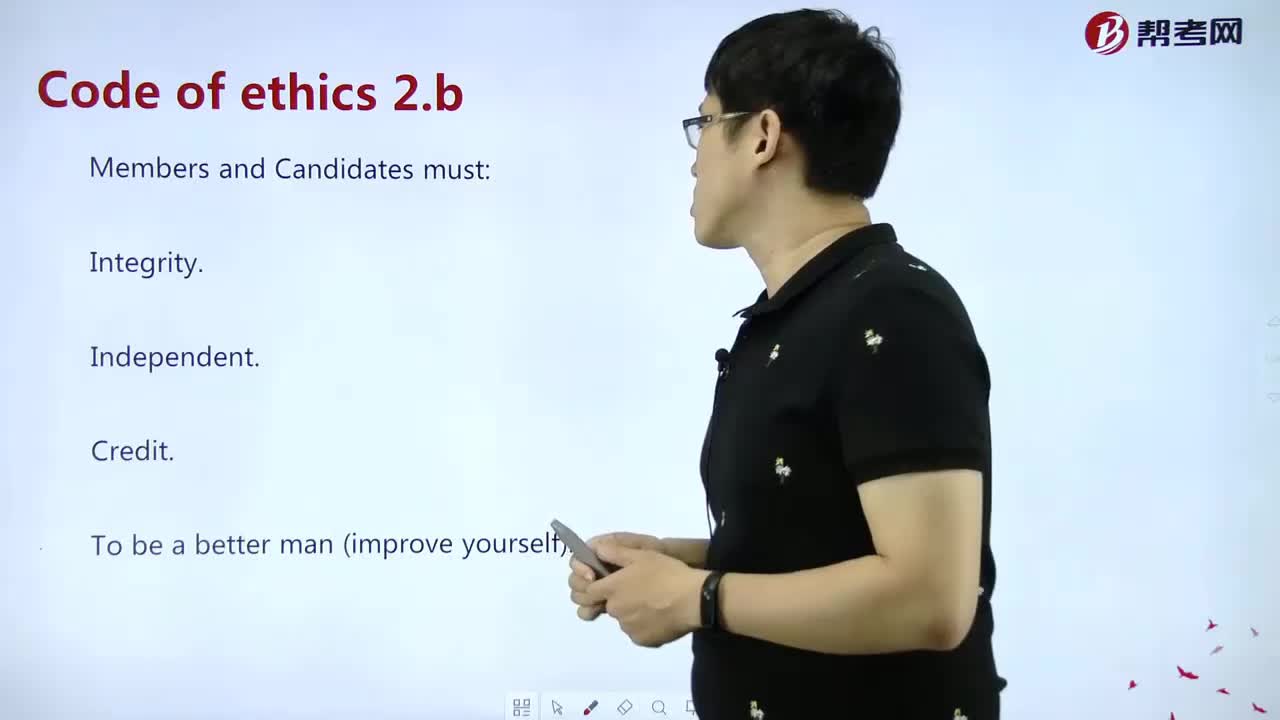Collusion in Oligopoly Market
Collusion in an oligopoly market refers to a situation where firms in the market agree to work together to minimize competition and maximize profits. This can be achieved through various means such as price fixing, output quotas, market sharing, and bid rigging.
Price fixing involves firms agreeing to set a common price for their products or services, which eliminates price competition and allows them to charge higher prices. Output quotas involve firms agreeing to limit the amount of goods or services they produce or sell, which reduces supply and drives up prices. Market sharing involves firms agreeing to divide the market among themselves, with each firm having a particular area or customer segment to serve. Bid rigging involves firms agreeing to submit artificially high bids for contracts, which ensures that one of them wins the contract and earns a higher profit.
Collusion in an oligopoly market can have negative effects on consumers, as it leads to higher prices, reduced output, and limited choices. It can also stifle innovation and competition, as firms have little incentive to invest in new products or technologies.
To prevent collusion in oligopoly markets, governments often impose antitrust laws and regulations that prohibit price fixing, market sharing, and other anti-competitive practices. They may also encourage competition by promoting entry of new firms into the market, promoting innovation, and providing consumers with information to make informed choices.
 帮考网校
帮考网校